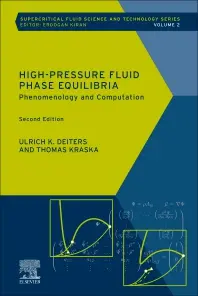Theoretical Physical Chemistry and Applied Chemistry Didactics
Kontakt
Kontakt

In addition to experimental methods, theoretical-mathematical methods are used to investigate physical-chemical phenomena, processes and the acquisition of data. For example, molecular dynamic simulations can be used to gain fundamental insights at atomic and molecular level. Mathematical models such as equations of state can be used to examine thermodynamic data or phase diagrams with transitions between different states of matter. In addition to gaining knowledge, theoretical methods contribute to the development and optimization of technical processes.
Molecular dynamic simulations are used to investigate the nucleation and various growth processes of metallic, molecular and pharmaceutical nanoparticles from the gas phase and from the supercritical CO2 phase.
Mathematical modeling and simulations are also part of chemistry lessons. These are often analytical models such as the law of mass action or Faraday's laws. In addition, simulations can be used as a method for teaching and deepening chemical relationships, particularly at the particle level. A haptic-playful approach is possible here, which leads to processes that essentially correspond to the processes of a simulation program.
Computational chemistry
![[This content is not available in "Englisch" yet] Computational chemistry](/sites/agkraska/user_upload/computational-chemistry2.jpg)